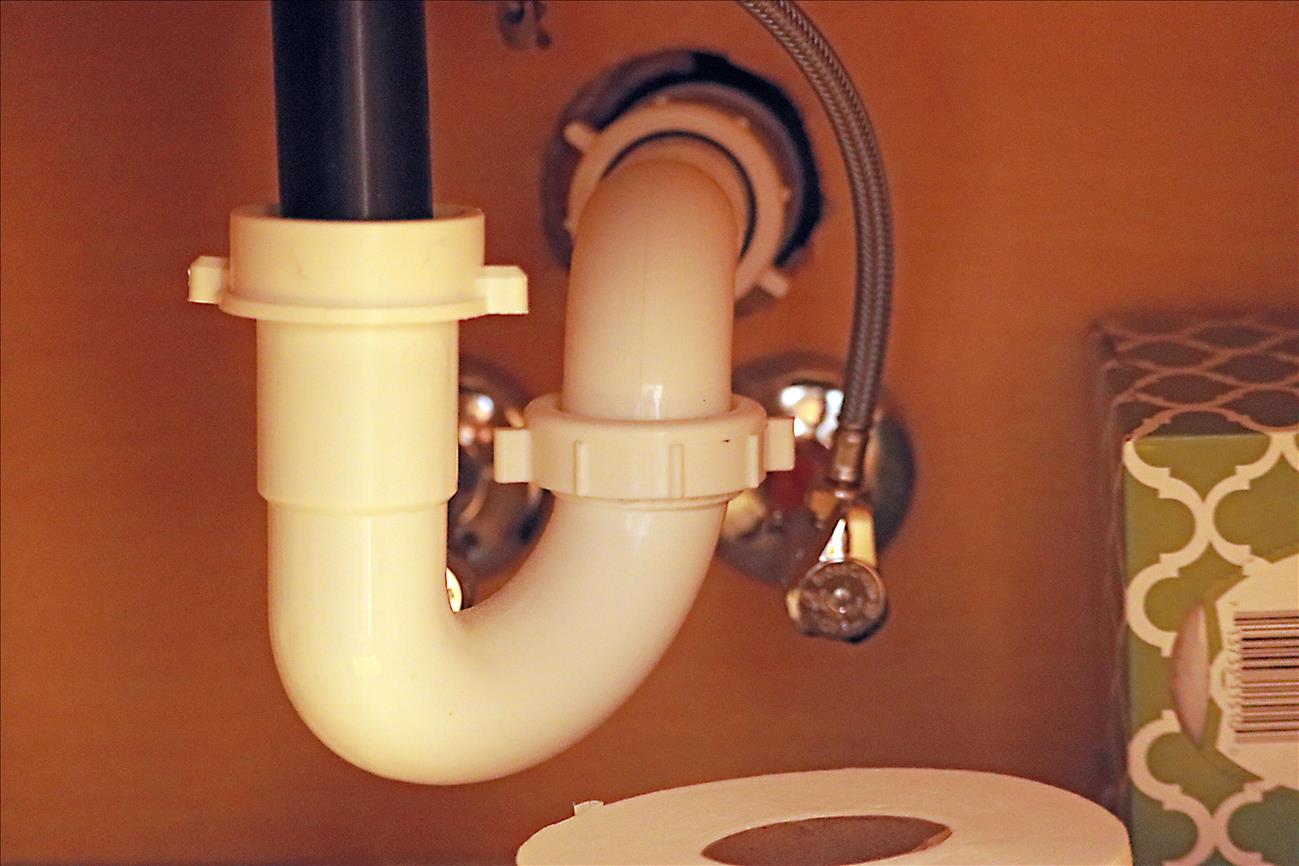6 Tips for taking good care of your drains to prevent plumbing issues.


Your home plumbing is a crucial part of your home, even if you don’t think much about it. Your home’s drainage system is an intricate web of pipes and hardware, hidden from view. With one flush or rinse, you can eliminate waste and never see it again. Many homeowners don’t think about their drains often, but understanding how to best care for your drains can save you money and eliminate headaches down the road.
How to take care of your drains
When a drain has a backup or clog, trouble can occur fast. Most drain failures happen because either a) there’s a blockage or backup in the sewer line or b) the sewer line’s material has a weakness or failure in its system. When you, the homeowner, has to repair or replace a sewer line or fix a backed-up system, expenses can add up fast.
Here are 6 quick tips to care for your home’s drainage system:
1. Have your sewer line and system checked by a professional:
This is an important first step in ensuring your drains are cleared for use. Even if your sinks, toilets, and showers appear to be working fine, you never know what’s happening under the surface. Over the years, sewer buildup can lead to blockage, which can lead to big expenses on your end. Have a professional company check your lines and give you the green light for drain usage.
2. Install screens over your drains to catch large items:
Don’t throw large, bulky items down your sinks or toilets, and use screens to catch hair, food, and other unwanted items. Your drainage system may be strong enough to handle a large item once or twice, but constantly sending large amounts of waste, paper items, or hair down the drains can have long-term negative effects.
3. Invest in home insurance and sewer line protection:
You’ll never know when disaster will hit. That’s why it’s important to have solid home insurance that covers any sewer line damage or water damage to your property. By being prepared and scheduling annual maintenance on your sewer systems, you’ll be better prepared to handle anything that comes your way.

4. Don’t rinse grease, fat, or harmful chemicals down the drain:
These slimy, sticky substances can wreak havoc on your sewer lines. Do not let fat, grease, or even eggshells or rice fall into your drain. They’ll soon buildup and cause more clogs, erosion, and damage in your system.
5. Soften your water:
Hard water is not only hard on your skin and hair, but it can also be hard on your drains. Eliminate the chemicals found in hard water by using a water softener in your home.
6. Check on your water heater:
Your water heater is an important part of your home’s drainage plan. In addition to maintaining your drains and sewer lines, check on your water heater annually. Your water heater plays an integral part in your home’s systems, delivering water to all parts of your home. If problems arise in your water heater’s systems, you’ll want to get them checked immediately.
How to save money with preventative care
The best kind of care you can take with your home is preventative care—this means that you’re preparing ahead of time should any emergencies occur. This is better than post-disaster care, which involves a lot of scrambling, phone calls, and money out your wallet. Preventative care includes regular checkups, best home practices like we mentioned in the tips above, and drain knowledge and maintenance.
How your drains can cause damage
Your drainage system is not an isolated problem—when a disaster strikes, it can affect your entire home. Not only does a busted or backed-up drain cause headaches, but it can also cause health safety concerns for you and your family. The methane gas found in most home waste can be harmful to your health, and a backed-up system can lead to major bacteria and mold.
Your water heater can lose power or simply break down, leading to cold showers or inconsistent water flow. Have a trustworthy plumbing team in your contact list that you can call if things go wrong. Additionally, if your drainage system experiences a break or burst, flooding will be your number one concern. This flooding will lead to floor and wall damage. You may also lose valuable items or experience damaged furniture if your home floods due to a faulty sewer system. This property damage is frustrating and even frightening for you and your family.
Put your home first
Drain problems are not confined to a certain time of year—issues can happen at any time. That’s why it’s important to use these tips and practice smart drain usage, every day.
Every homeowner may have a different drainage plan for their home, but knowledge really is power for all homeowners. The more you know about your drain and sewer lines, the more prepared you’ll be. To get started or to learn more, check out this infographic:

